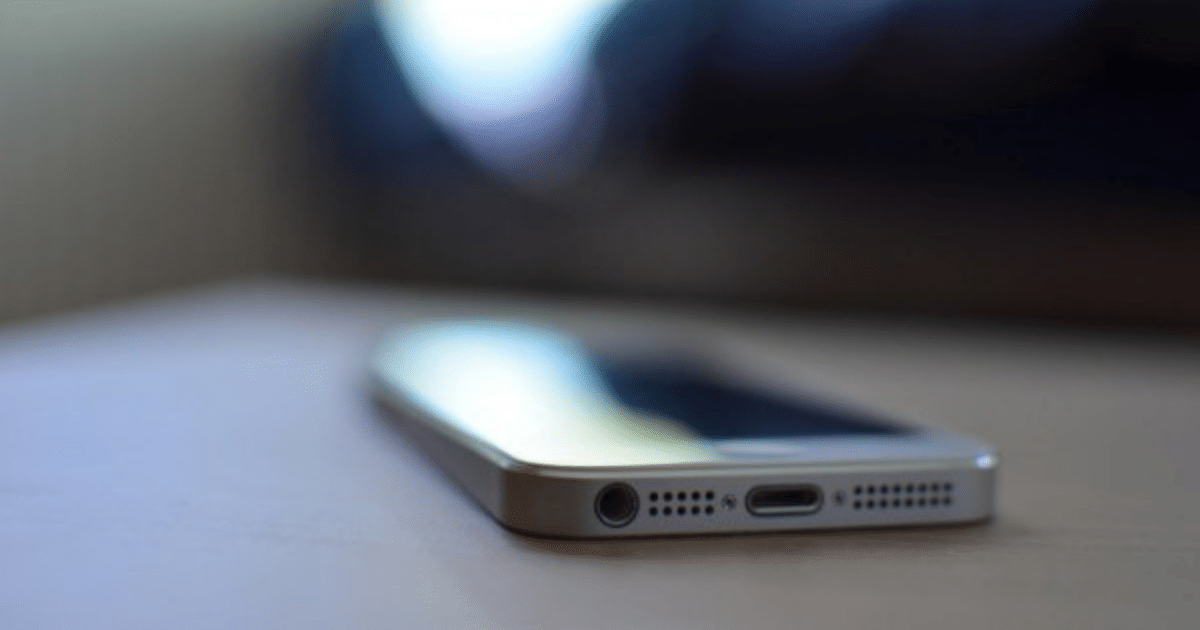
This week everyone is fixated on Apple’s reveal of their latest product- the Apple Watch. Apple first announced its development of a smartwatch back in September of last year, and everyone has been eagerly waiting to know more. While waiting, ongoing discussion about the watch’s capabilities, both positive and negative, have surfaced in online communities. There has been skepticism over the pricing, battery life and app conversions of the watch. Despite the skepticism, however, the excitement is clearly present.
Although the smartwatch category is nothing new, people are expecting Apple to take their product to another level. Not only is the Apple Watch just a wearable-device, but Apple has also emphasized the design aspect. Apple has worked diligently with high-end retail connoisseurs, Angela Ahrendts and Paul Deneve, to make the Apple Watch an accessible luxury accessory, broadening the target audience to early-adopters and fashion enthusiasts. So why should startups be excited?
With the growth of Apple Pay, the Apple Watch has the potential to take m-commerce to the next level.
As mentioned in a previous article, m-commerce is becoming exponentially prevalent among millennials, causing less and less of them to use cash as their primary method of payment. Before, the lack of standardization in mobile payments made integration of this method difficult to really take root. Now, the mobile wallet market is a war zone between big-name tech companies, including Samsung and Google, fighting to gain dominance in this relatively new, unclaimed territory.
Convenience is key. People thought that mobile payments were easy, but the Apple Watch will make Apple Pay that much easier. No more digging through your bag looking for your credit card or phone. With a simple flick of the wrist, the Apple Watch allows you to check into your hotel, make payments and receive notifications. And as more and more retail companies hop on the Apple Pay bandwagon, Apple has prospective power to dominate in mobile commerce.
Particularly in the retail industry, the Apple Watch and Pay combo has the potential to drive purchases both in store and online.
Beyond the easily accessible Pay option, the Apple Watch is also capable of receiving personalized coupons based on the proximity of your location to certain stores. This feature will no doubt change the buying process of consumers, personalizing the relationship between customer and retailer (which is all the rave these days).
Millennials want to feel like an individual customer, and if the Apple Watch and Pay combo has the capacity to do so, retailers have more than enough reason to quickly adapt. Retail apps, like Shopkick, can really benefit from the Apple Watch. Shopkick utilizes iBeacon technology to cater to a user’s in-store shopping behavior. If used with the Apple Watch, users can conveniently and quickly receive notifications from Shopkick.
The success of both the Watch and third-party mobile app companies heavily rely on each other.
It is still unclear as to whether or not people will be willing to buy this new product. Smartwatch sales in the past decade deemed the market category hopeless, but perhaps the Apple Watch will change that. If the Apple Watch successfully proves itself worthy of purchase among consumers, opportunities for mobile app start-ups will flood the market. Mobile app developers will be given a whole new platform to innovate and adapt to the smaller Apple Watch screen. On the flipside, new and engaging apps can greatly contribute to the appeal of the Apple Watch and its capacity.
For one, during the live event on Monday, Apple focused a hefty amount of their time discussing the watch’s fitness and health technology. During the live event, Apple shared Christy Turlington Burns’, model and founder of non-profit organization Every Mother Counts, experience using the Apple Watch to help her train for the Virgin Money London Marathon. The Apple Watch’s utilization of the iOS 8 HealthKit app makes the watch a “fitness enthusiast’s dream.” Features include monitoring heart rates and activity levels (including reminders to stand up), making it an all-inclusive fitness tracker. The watch makes people more health-conscious, if not generating feelings of guilt for sitting around for too long. The Apple watch not only takes a huge leap forward in health technology but also opens doors for opportunities for third-party app developers to innovate more fitness and health applications.
For example, third-party app developers, for apps like Runkeeper, can take advantage of Apple Watch’s health technology capabilities. Runkeeper has been gaining a favorable presence among fitness junkies. It claims to be “the personal trainer in your pocket.” But with Apple Watch, Runkeeper can be worn on your wrist and more efficiently help users strive toward their fitness goals.
The Apple Watch has also received a great deal of attention from health experts around the world. With all the available health data the watch can produce for an individual user, it has the potential to construct a more cost and time-efficient method for doctors to remotely track and observe patients. However, the quality and accuracy of this data are still under debate as the FDA and FTC keep a watchful eye on recent health app claims.
Strategy Analytics believes that the Apple Watch has high potential to change the smartwatch category. With Apple’s strong user loyalty, the success of the Apple Watch will no doubt be a significant determining factor for not only the future of smartwatches but also for the future of retail and app development.



